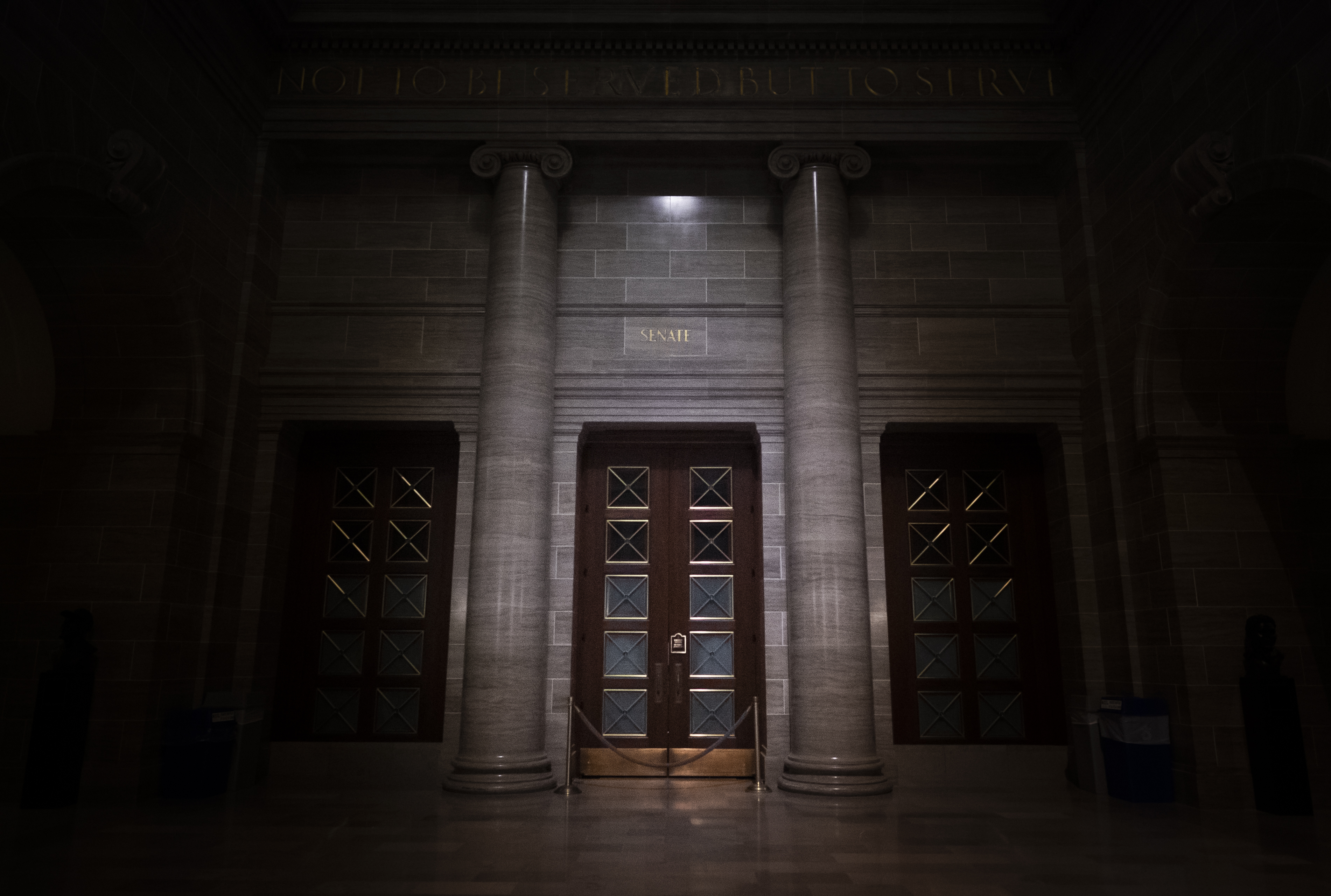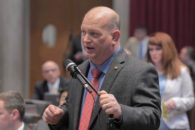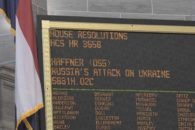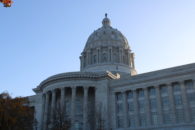JEFFERSON CITY, Mo. — A plan to increase certain hazardous waste generator fees from a commission under the Missouri Department of Natural Resources (DNR) may hit a roadblock in the General Assembly.
Republican state Sen. Cindy O’Laughlin is pushing a concurrent resolution through the Senate disapproving of the Hazardous Waste Management Commission’s recommendation to raise the fees of generators of hazardous waste for 2021 and 2022. SCR 38 — which called the fee increase “beyond the level which the General Assembly considers to be fair and reasonable” — passed through the Senate Rules, Joint Rules, Resolutions and Ethics Committee this week.
“I feel this is a backdoor tax increase and should go through the Appropriations Committee,” O’Laughlin told The Missouri Times, noting the move would impact small business in Missouri.
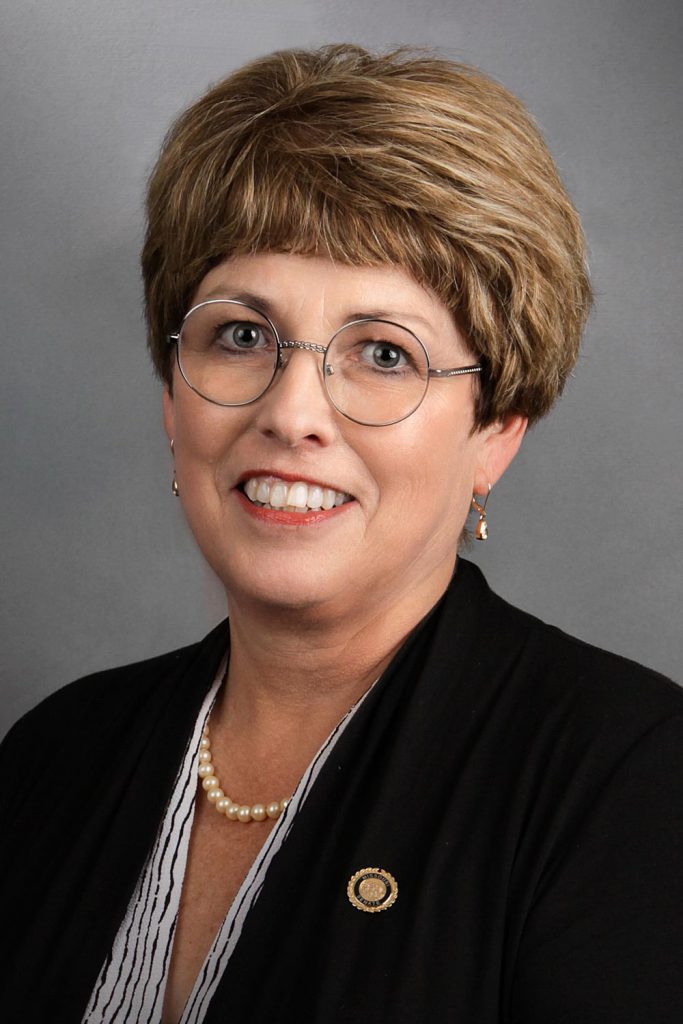
The commission’s plan is to raise registration fees to be capped at $1,150 for large quantity generators, $360 for small quantity generators, and $175 for those considered to be “conditionally exempt small quantity generators.” The rules also stipulate that an owner must pay the difference if a generator changes status to one with a higher registration fee.
As it stands now, large quantity generators have a registration fee of $500. Small quantity generators as well as conditionally exempt small quantity generators both have a registration fee of $150. Small quantity and conditionally exempt small quantity generators that upgrade to a large quantity size must pay a $350 fee.
A hazardous waste generator is a business, site, or person that produces solid waste considered to be hazardous. Certain regulations for generators are based on the volume each generator produces per month; in Missouri, a person is subjected to state regulations if 100 kg of non-acute hazardous waste, 1 kg of acutely hazardous waste, or 100 kg of a combination of the two is accrued.
Missouri has more than 2,600 units that fall under the hazardous waste generator umbrella, including: 443 large quantity generators, 1,422 small quantity generators, and 536 conditionally exempt small quantity generators. There are also 189 hazardous waste transporters and 13 treatment, storage, and disposal facilities, according to DNR.
The commission has said the fee increase in 2021 and 2022 is meant to offset “a shortfall in funding” beginning in 2022 and allow oversight of the Resource Conservation and Recovery Act (RCRA) permitting, inspection, and enforcement to remain under DNR instead of the federal government.
DNR has also pointed to a projected $1 million decrease in federal RCRA grant money from 2015 to 2020.
The fee increase was approved by the Hazardous Waste Management Commission in November. The General Assembly has the authority to disapprove of the proposal but must do so within 60 days of the legislative session.
If the General Assembly does not block the proposal, it will go into effect on Jan. 1, 2021 with businesses required to pay the new fees by the end of that year.
“What they’re trying to do now is extend their reach and their power using a guidance from EPA which is not what they’re supposed to be doing,” O’Laughlin said. “So my question to them is: Why are you expanding your authority inappropriately, and at the same time saying you don’t have enough money to do the things you’re supposed to do?”
According to data from DNR, 31 states charge fees and 10 states do not.

Kaitlyn Schallhorn was the editor in chief of The Missouri Times from 2020-2022. She joined the newspaper in early 2019 after working as a reporter for Fox News in New York City.
Throughout her career, Kaitlyn has covered political campaigns across the U.S., including the 2016 presidential election, and humanitarian aid efforts in Africa and the Middle East.
She is a native of Missouri who studied journalism at Winthrop University in South Carolina. She is also an alumna of the National Journalism Center in Washington, D.C.
Contact Kaitlyn at kaitlyn@themissouritimes.com.

